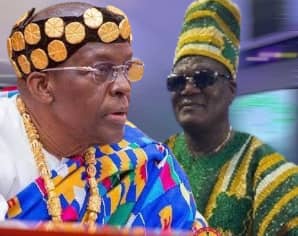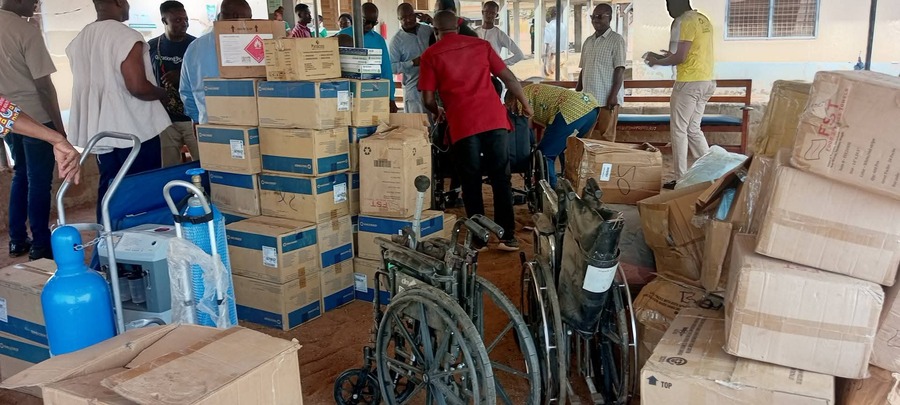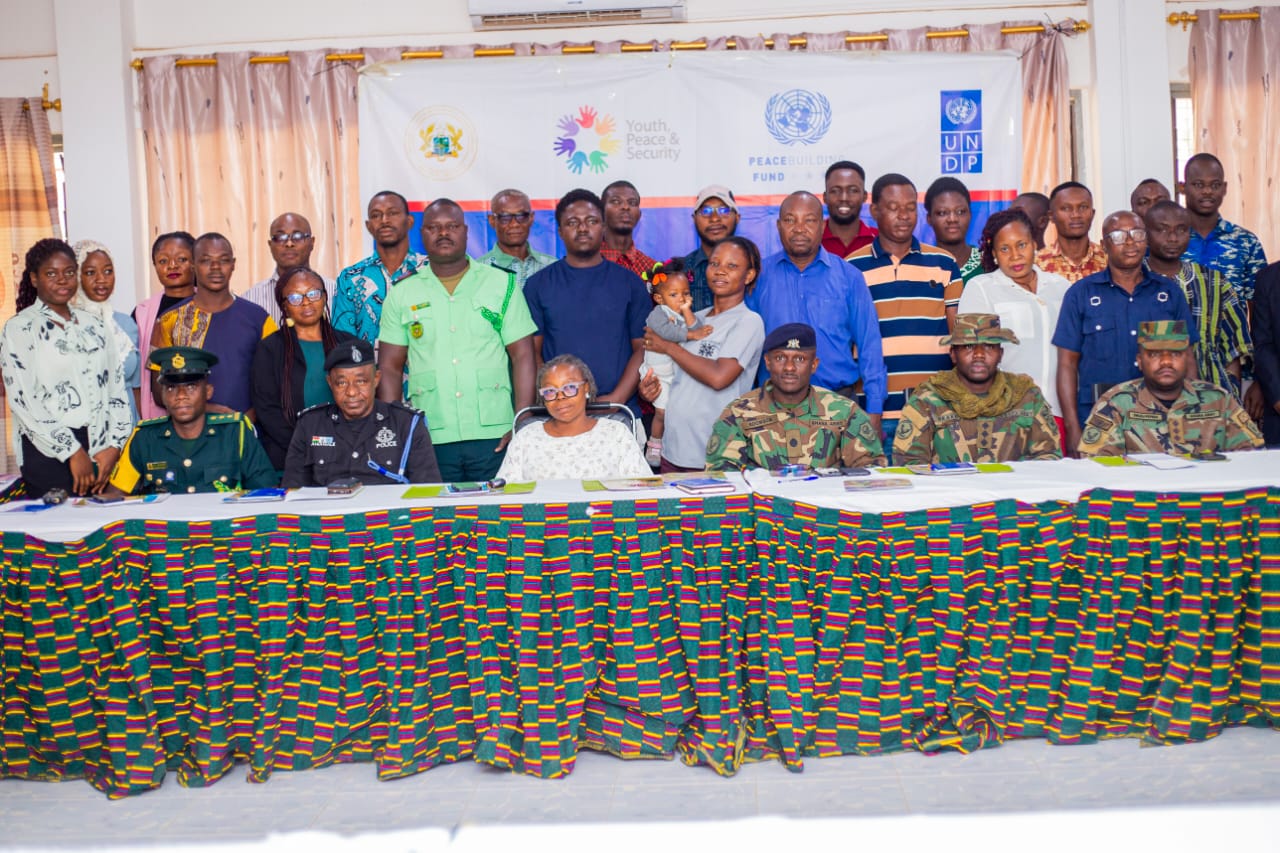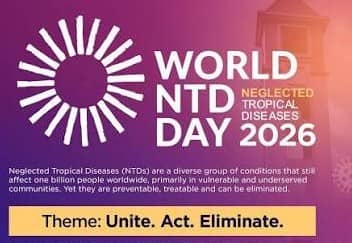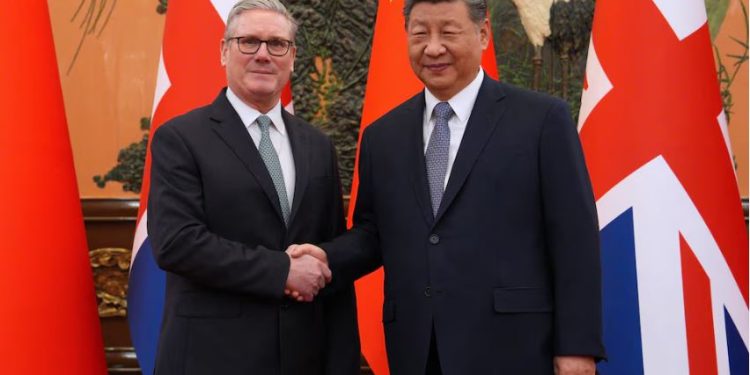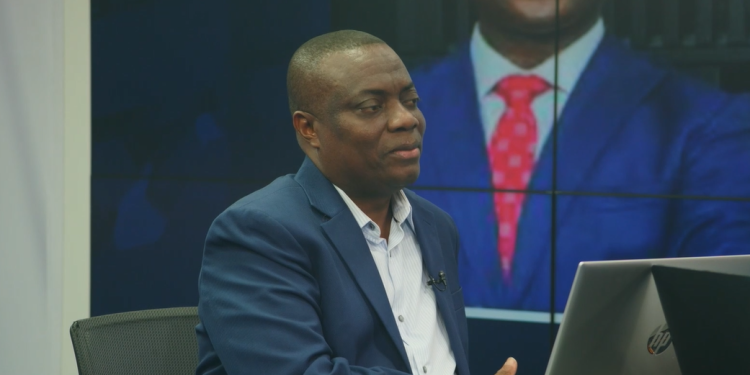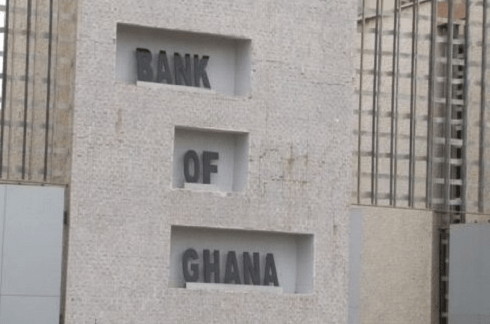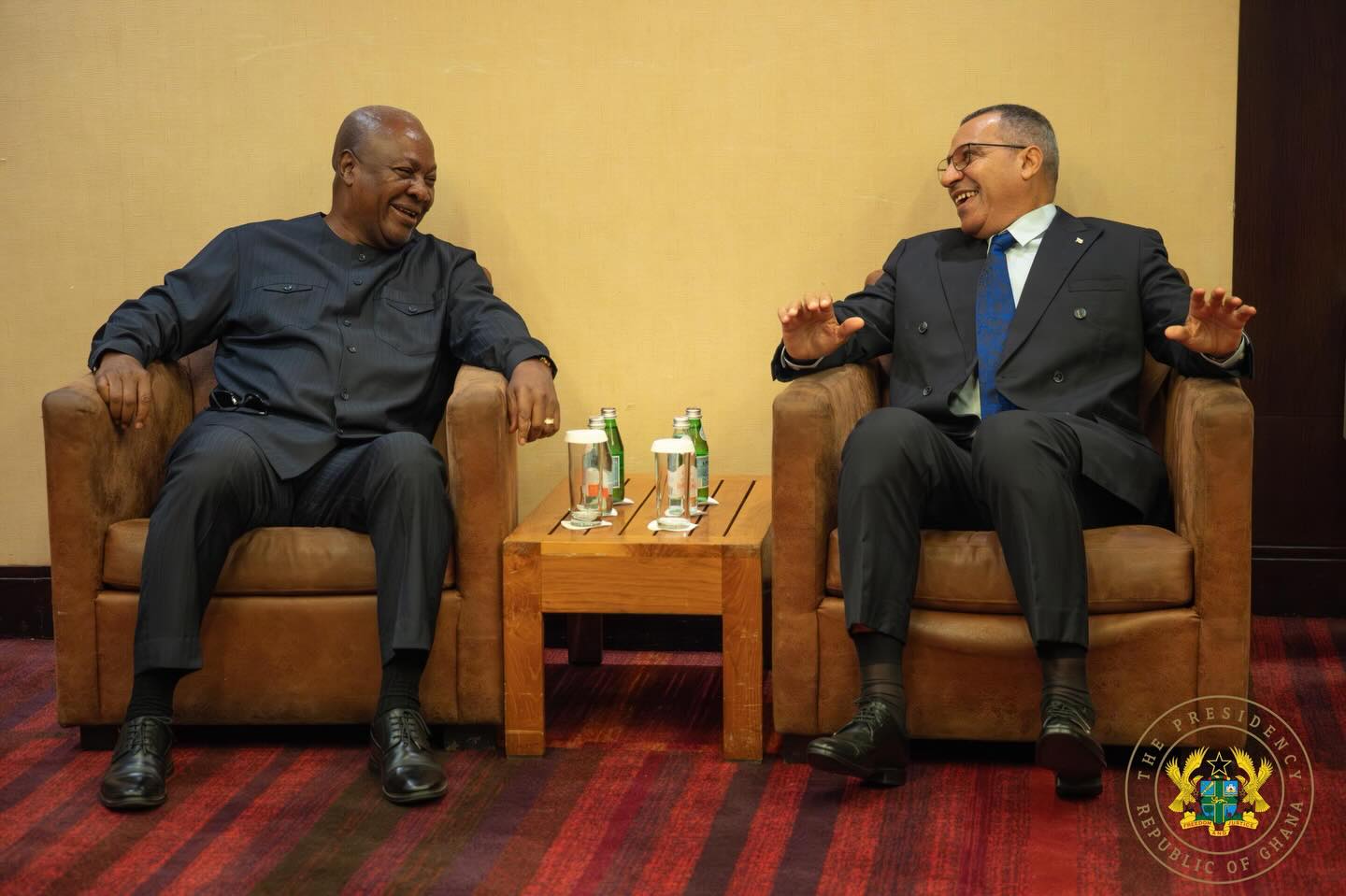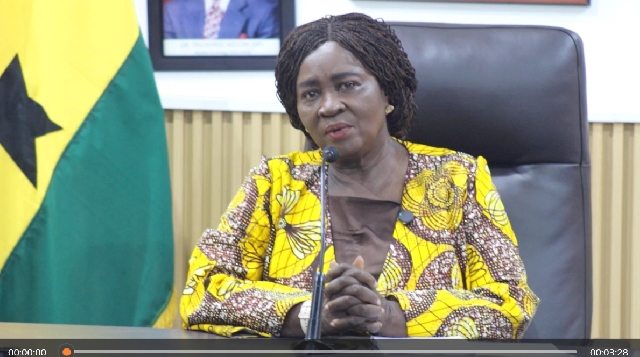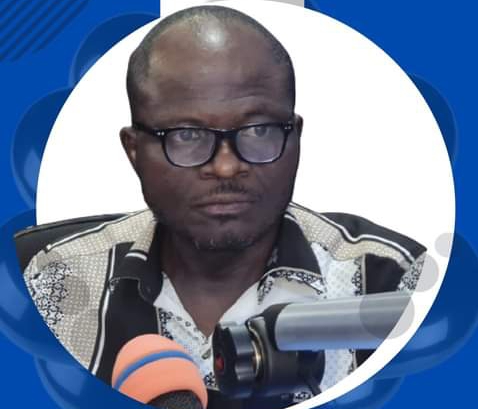The Upper East Regional Chairman of the Ghana Journalist Association (GJA) William Jalulah has said, he is excited that the Department of Communication Studies, University of Ghana, Legon in partnership with The Media Foundation for West Africa (MFWA) has come out with a report that looks into the welfare of their job as journalists in Ghana.
A report on the State of Ghanaian Media has been launched by the Department of Communication Studies, University of Ghana, Legon in partnership with The Media Foundation for West Africa (MFWA).
The report has revealed that the media that there is a growing tendency towards media empire-building, Political faces behind broadcast media ownership mean that partisan actors and governments can control public discourse. The NCA has a laissez-faire attitude to questions about transparency in media ownership.
Meanwhile, in responding to the reports, Mr. Jalulah expressed some level of satisfaction with the media report. According to him, “Over the years as watchdogs players, we have sunk a lot of energy into seeking better treatment for other professionals, better service conditions for other professionals and even defending the rights of others, which is rightly because that is our job as journalists. But of course, we are human beings, our welfare must matter to us just as other people’s welfare issue concerns us. We must be alive to defend others and we must live in a more dignifying manner to be able to defend others but unfortunately, that has not been the case. As for me, this report should be a report we all must come on board to ensure it assumes a national proportion where discussion on it will be broadened widely to encompass the aspects that relate to media activities in this country”.
Mr. Jalulah said, some of the issues raised in the report, he looked at it as some constitutional lapses as far as the media landscape in Ghana is concerned. “If you check in the article that is dedicated to the media freedom of expression, the media is even recognized as the fourth estate of the realm. Now being the fourth estate of the realm, it means after the executive, judiciary, and legislature, the media space is next. But what do we see, we have been relegated to the background, which is only captured in the media but much attention is not given to the media. So people come out to set up media organizations for their own interest and interestingly we have regulatory authorities that are supposed to be monitoring people who set up media organizations but unfortunately, that is not the case”. He stressed
He also blames the regulatory authorities for not performing their regulatory duty as captured by law: “If i decide to set up a radio station today and i have the money, what matters is to be able to get the frequency and the equipment. Nobody cares how i recruit my staff, nobody cares how much i pay them, nobody cares how they live, and nobody cares even about their working environment in terms of safety. So, why do we have laws that are supposed to regulate the activities of these people, and yet nobody cares about ensuring that the law works?
Below are some of the various media reports
WORKING CONDITIONS IN THE GHANAIAN MEDIA
■ Recruitment into the Ghanaian media is generally untransparent.
■ Many people working in the media do not have contracts.
■ There are no established structures for promotion in most media organizations; promotion is largely based on ‘whom you know’ and owners’/managers’ whims.
■ Salaries in the media are woefully low. Some employees work long months without pay.
■ Most media employees have no healthcare support
■ Most media organizations do not provide counseling support for employees who experience trauma in the line of work.
MEDIA OWNERSHIP AND REGULATION
■ In Ghana, media pluralism has not necessarily served the public interest, due mainly to the concentration of media in a few hands.
■ Media ownership is shrouded in opacity.
■ There is a growing tendency towards media empire-building.
■ Political faces behind broadcast media ownership mean that partisan actors and governments can control public discourse.
■ The NCA has a laissez-faire attitude to questions about transparency in media ownership.
■ The current regime for broadcast regulation allows considerable power and influence to those whose conduct the media are supposed to check.
SAFETY OF JOURNALISTS
■ There is a growing sense of insecurity among journalists in Ghana
■ Violations of journalists’ safety are quite common in Ghana.
■ Male journalists are more at risk of attacks than females.
■
Investigative journalists are the most at risk of attacks
■
State actors, including political appointees and police, are the worst perpetrators of attacks on journalists.
■
Journalists feel that law enforcement agencies and the judiciary do little to protect their safety.
■ Journalists in Ghana have a clear understanding
of their position in society and their role as watchdogs of society, and as collaborators in nation-building.
■
However, there seems to be a disconnect between role conception and performance.
■
Factors such as ownership influence, journalistic routines, gatekeeper influences as well as advertiser influences interfere with journalists’ ability to deliver to the demands of their role conceptions.
Source: Apexnewsgh.com/Ghana
For publication please kindly contact us on 0256336062 or Email apexnewsgh@gmail.com

